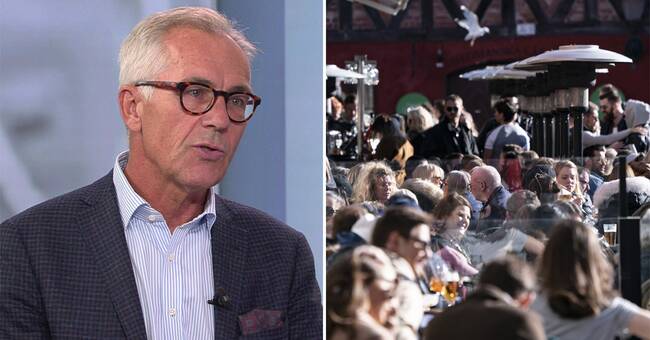Seven percent of Sweden's population had antibodies during week 24 (third week in June), according to new statistics from the Swedish Public Health Agency.
Most are in the Stockholm area, where the proportion is 12 percent.
Great uncertainty
However, there is still a great deal of uncertainty about how immunity works and Jan Albert believes that it is difficult to interpret the results of how many people carry antibodies.
- The most difficult thing to assess is that many do not have antibodies.
Are they susceptible to the virus or is there another type of immunity and protection, he says.
However, it is clear that the spread of infection in society has decreased.
There are several indications here that all point in the same direction.
- Admissions to Iva, admissions to hospitals and the number of deaths are at very low levels compared to what it looked like when it was at its worst, says Jan Albert.
Could get worse
However, the uncertainty means that it is still too early to let go of the restrictions and return to a more normal life, he believes.
- In the Stockholm area, around 85 percent do not have antibodies.
They may be susceptible or they may not.
We do not know that.
It would be a chance to let go of everything right now.
What could happen?
- It could be even worse than it was in April.
- It is not possible to rule out a second wave and therefore we can not let go of everything, says Jan Albert.

